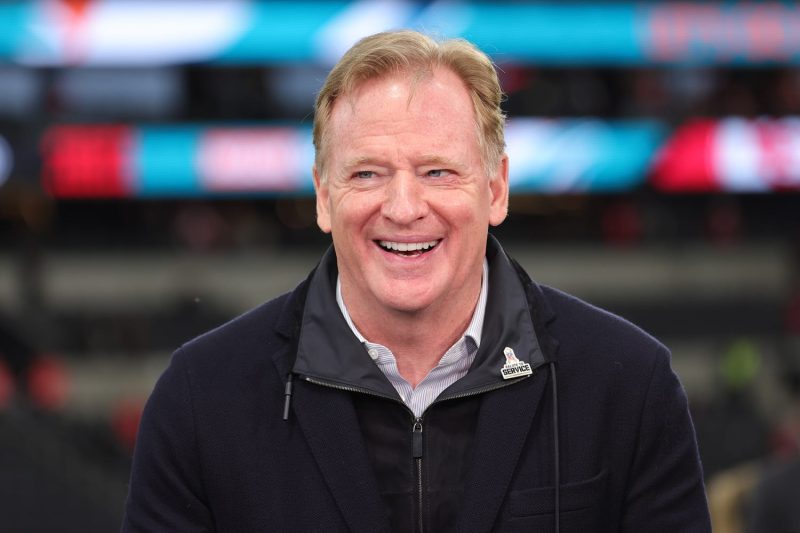NFL Open to Private Equity Team Ownership of Up to 10%, Commissioner Roger Goodell Says
The National Football League (NFL) is known for its strategic decision-making to ensure the sustainability and growth of the league. In a recent statement, NFL Commissioner Roger Goodell announced that the league is open to the idea of private equity team ownership of up to 10%. This potential shift in ownership structure reflects the NFL’s adaptability to changing financial landscapes and the willingness to explore new opportunities for investment and expansion.
Private equity ownership refers to acquiring a percentage of ownership in a company through investment funds. In the context of the NFL, allowing private equity firms to hold stakes in teams could have significant implications for the league’s financial structure and competitive dynamics. While traditional team ownership in the NFL has been primarily held by wealthy individuals and families, opening the door to private equity investors could introduce a new wave of capital and expertise into the league.
One of the key advantages of private equity ownership in the NFL is the potential for increased investment in infrastructure, technology, and marketing. Private equity firms are known for their ability to inject capital into businesses to drive growth and innovation. By partnering with private equity investors, NFL teams could benefit from expanded resources to enhance fan experiences, upgrade facilities, and attract top talent.
Furthermore, private equity ownership could bring a fresh perspective to team management and strategic decision-making. Private equity firms typically have a strong focus on financial performance and operational efficiency, which could translate into more sustainable business practices within NFL teams. The expertise of private equity investors in areas such as risk management, corporate governance, and value creation could complement the existing strengths of team owners and executives.
However, the potential transition to private equity ownership in the NFL also raises important questions and considerations. One concern is the balance between financial interests and the long-term sustainability of the league. Private equity investors are driven by the goal of maximizing returns on their investments, which may sometimes conflict with the broader objectives of the NFL, such as fostering competitive balance and promoting the integrity of the game.
Additionally, allowing private equity ownership in the NFL could lead to changes in ownership structures and power dynamics within teams. Traditional owners who have deep-rooted connections to their franchises may face challenges in maintaining control and influence if private equity investors hold significant stakes. The potential for conflicts of interest and diverging priorities among different stakeholders is a factor that must be carefully evaluated and managed.
In conclusion, the NFL’s openness to private equity team ownership of up to 10% signals a shift towards exploring new avenues for growth and investment. By considering the benefits and challenges associated with private equity ownership, the league can navigate this potential transformation thoughtfully and strategically. Ultimately, maintaining a delicate balance between financial incentives and the core values of the NFL will be crucial in shaping the future landscape of team ownership in the league.




























